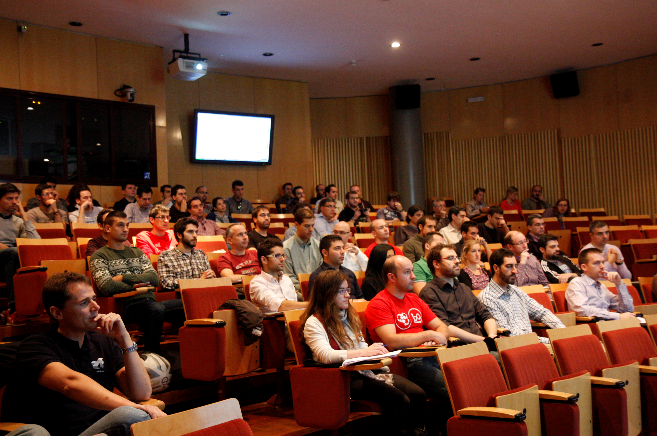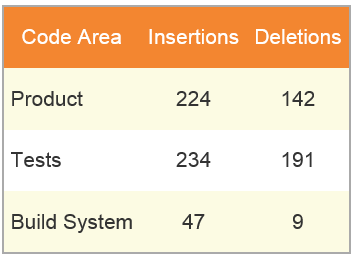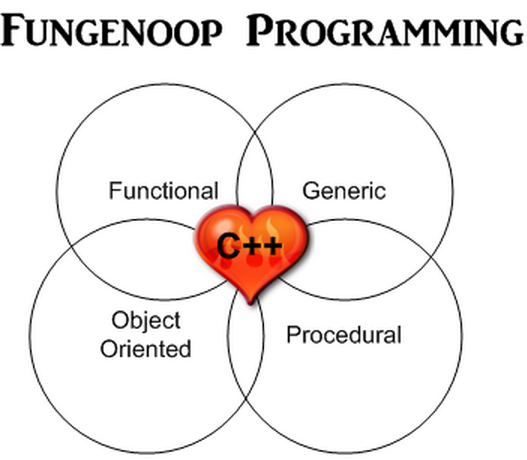Quick Q: What type do lambdas get compiled into? -- StackOverflow
Quick A: A compiler-generated type that stores the captured variables in its data members, and exposes the function signature and body as its operator().
Recently on SO:
What type do lambdas get compiled into?
As I know all data types must be known at compile time, and lambda is not a type. Does lambda got translated into anonymous struct with operator() or std::function wrapped?
For example,
std::for_each(v.begin(), v.end(), [](int n&){n++;});

 We like to link to articles at all levels. This one's near the top of the scale, for those looking for a real challenge:
We like to link to articles at all levels. This one's near the top of the scale, for those looking for a real challenge: Today on CoderGears:
Today on CoderGears: Available today on
Available today on  This just in from our Spanish correspondent:
This just in from our Spanish correspondent: Fresh on the F5 dev blog:
Fresh on the F5 dev blog: In case you missed it, here's a nice little Friday nugget:
In case you missed it, here's a nice little Friday nugget: